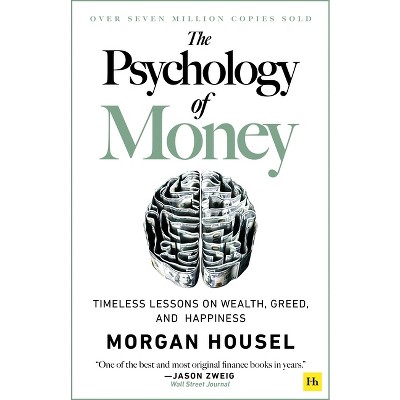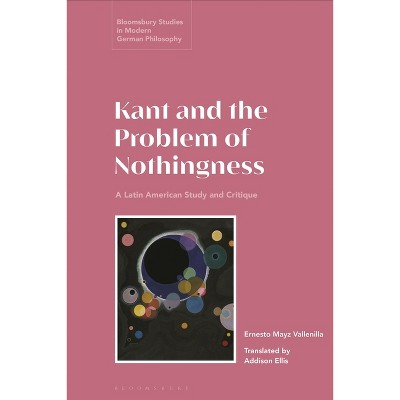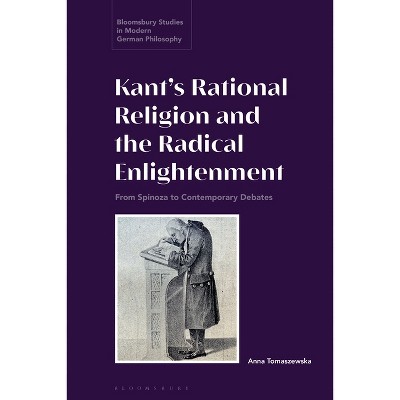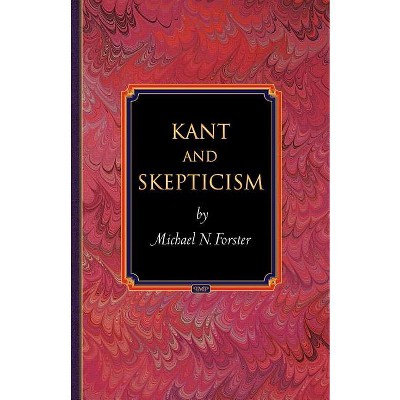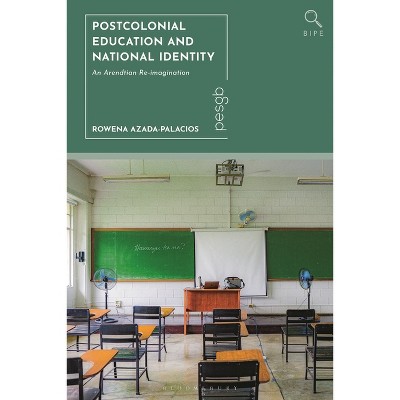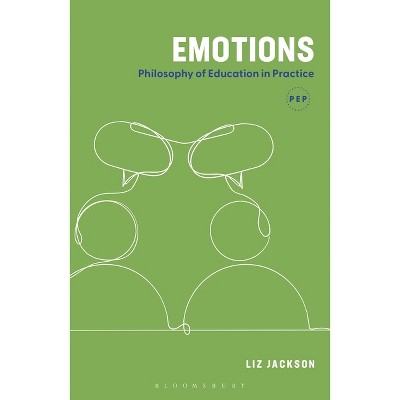$51.99 when purchased online
Target Online store #3991
About this item
Highlights
- James Scott Johnston's incisive study draws on a holistic reading of Kant: one that views him as developing and testing a complete system (theoretical, practical, historical and anthropological) with education as a vital component.
- About the Author: James Scott Johnston is Associate Professor in the Philosophy of Education at Queen's University, Canada.
- 280 Pages
- Education, Philosophy, Theory & Social Aspects
Description
Book Synopsis
James Scott Johnston's incisive study draws on a holistic reading of Kant: one that views him as developing and testing a complete system (theoretical, practical, historical and anthropological) with education as a vital component. As such, the book begins with an extensive overview of Kant's chief theoretical work (the Critique of Pure Reason), and from that overview distils crucial discussions (the role of practical reason; the claims of the third antinomy) for his moral theory. An extended discussion of Kant's moral and political theories and the place of pedagogy in it follow, with attention to all of Kant's important moral works as well as his chief religious work, Religion within the Bounds of Mere Reason. A discussion of culture and character follows, chiefly through a discussion of Kant's Critique of the Power of Judgment and Anthropology from a Pragmatic Standpoint, together with certain lectures and published essays on history and politics. Finally, an extensive discussion of Kant's published works on education, together with only recently published letters and announcements (in English), is provided. This culminates in Johnston's estimation of what a Kantian education, systematically conceived, might look like: an education that is attentive to theoretical, moral, cultural-historical, and pedagogic domains of Kant's thinking.About the Author
James Scott Johnston is Associate Professor in the Philosophy of Education at Queen's University, Canada.
Dimensions (Overall): 9.21 Inches (H) x 6.14 Inches (W) x .59 Inches (D)
Weight: .87 Pounds
Suggested Age: 22 Years and Up
Number of Pages: 280
Genre: Education
Sub-Genre: Philosophy, Theory & Social Aspects
Publisher: Bloomsbury Publishing PLC
Format: Paperback
Author: James Scott Johnston
Language: English
Street Date: October 23, 2014
TCIN: 1001922155
UPC: 9781628925289
Item Number (DPCI): 247-18-4897
Origin: Made in the USA or Imported
If the item details above aren’t accurate or complete, we want to know about it.
Shipping details
Estimated ship dimensions: 0.59 inches length x 6.14 inches width x 9.21 inches height
Estimated ship weight: 0.87 pounds
We regret that this item cannot be shipped to PO Boxes.
This item cannot be shipped to the following locations: American Samoa (see also separate entry under AS), Guam (see also separate entry under GU), Northern Mariana Islands, Puerto Rico (see also separate entry under PR), United States Minor Outlying Islands, Virgin Islands, U.S., APO/FPO
Return details
This item can be returned to any Target store or Target.com.
This item must be returned within 90 days of the date it was purchased in store, shipped, delivered by a Shipt shopper, or made ready for pickup.
See the return policy for complete information.






